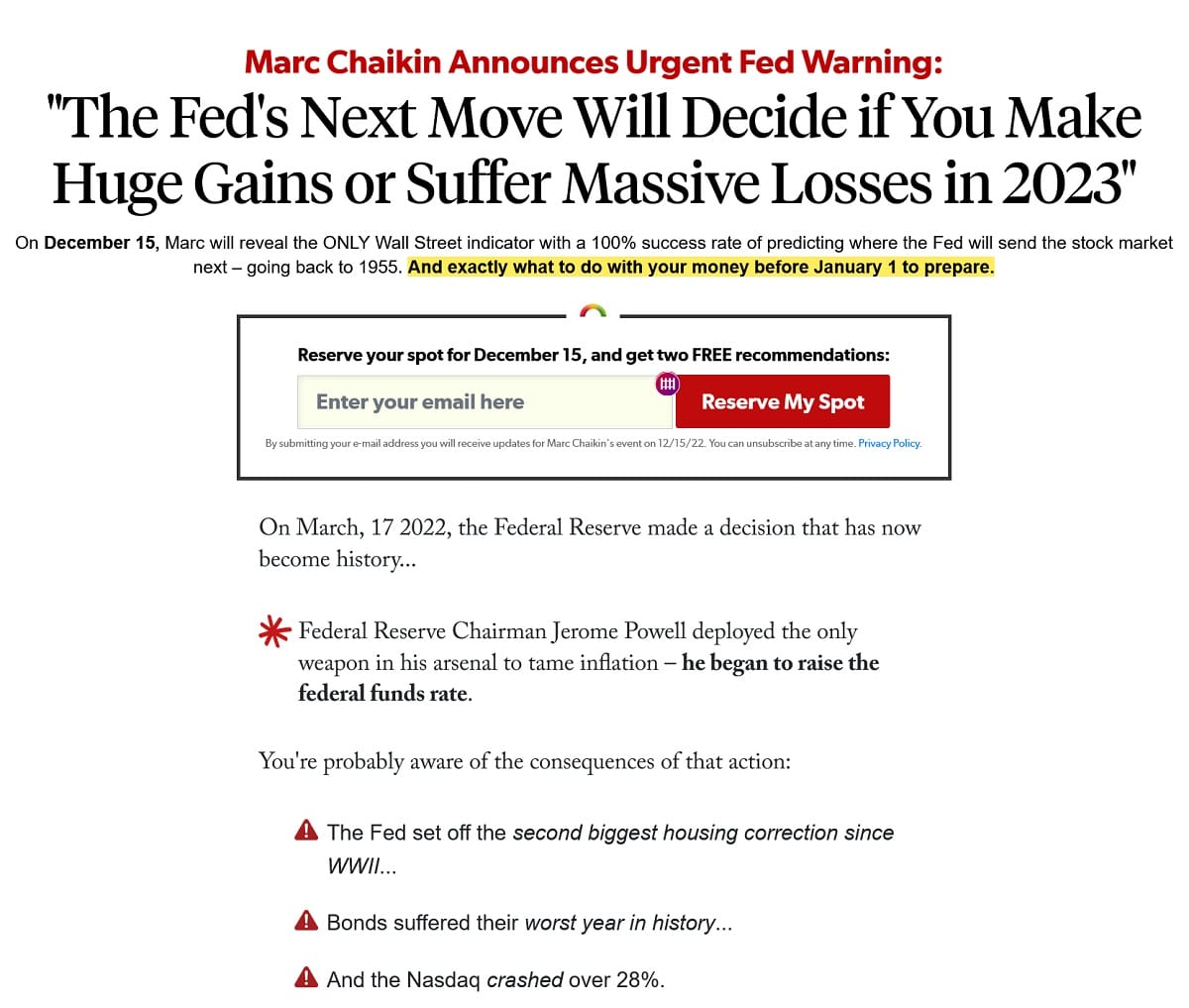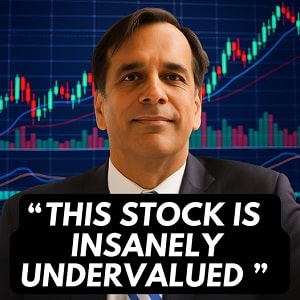After the AI boom, tech analysts say a new revolution is forming — and it could reshape markets faster than anyone expects.
The Hype Cycle Turns Again
In 2023 and 2024, artificial intelligence dominated every headline. NVIDIA became the poster child of the boom, its shares soaring as global investors piled into the AI trade.
Now, as valuations stretch and investors search for the next transformative wave, a different phrase is echoing across Silicon Valley and Wall Street alike: quantum computing.
Once confined to theoretical physics labs, quantum computing is crossing the line between experiment and commercialization. Bank of America recently called it “the biggest revolution for humanity since discovering fire,” arguing that the technology could have a greater long-term impact than artificial intelligence itself.
That’s a bold statement. But it captures the optimism rippling through the market — and the caution that always follows when a powerful new narrative takes hold.
From AI Euphoria to Quantum Curiosity
Investors remember how the AI story unfolded. First came the breakthrough moment — the release of ChatGPT — then an explosion of demand for chips, servers, and cloud infrastructure. The result was one of the fastest stock market rallies in modern history.
But every wave of innovation eventually matures. Analysts now say that the easy AI money has been made, and that the next frontier lies where AI meets quantum mechanics.
Quantum computers don’t rely on traditional bits — the 1s and 0s that define all digital logic. Instead, they use qubits, which can exist in multiple states simultaneously. This allows quantum systems to process certain complex calculations exponentially faster than classical computers.
For investors, that speed opens new doors: faster drug discovery, breakthroughs in clean energy and nuclear fusion, real-time logistics optimization, and machine-learning acceleration. It’s the type of deep-tech foundation that could spawn a new generation of industry leaders.
A Veteran Analyst’s Warning — and His Optimism
Among analysts watching the field is Jeff Brown, a veteran technology investor known for spotting trends before they reach the mainstream.
Brown gained attention years ago for highlighting companies like NVIDIA before their massive runs. His focus has always been on identifying “inflection points” — moments when a technology crosses from concept to adoption.
In recent months, Brown and other analysts have begun emphasizing the significance of what he calls a “quantum flashpoint.” It’s the point when scientific progress, government funding, and private-sector investment converge, turning niche research into exponential growth.
While the phrase might sound dramatic, the underlying logic isn’t new. Every major tech revolution — from the personal computer to the internet to AI — has experienced this moment of acceleration.
>> Jeff Brown Reveals His Top 3 Quantum Computing Stocks FREE – Details Here
The Role of DARPA and Government Funding
A key factor behind this momentum is the Defense Advanced Research Projects Agency (DARPA) — the U.S. agency that helped create the internet, GPS, and stealth technology. DARPA has quietly been funding quantum research for over a decade, but insiders suggest a significant announcement may be coming.
Government involvement tends to validate emerging industries. It accelerates innovation and often leads to commercial spin-offs. When the Pentagon or NASA invests in a technology, private capital usually follows quickly.
That’s why many investors are watching quantum computing closely this month. Whether or not an official statement is imminent, the sector’s funding pipeline is clearly expanding.
Early Quantum Winners — and Their Volatility
Quantum computing is already producing tradable stories. Over the past year:
-
IONQ has seen its shares climb dramatically, driven by optimism about its trapped-ion hardware model.
-
D-Wave Quantum surged on announcements of commercial contracts and government partnerships.
-
Rigetti Computing gained attention for its scalable chip architecture.
Each has delivered eye-catching short-term returns — and just as dramatic pullbacks. Analysts caution that volatility in early-stage tech is normal. The underlying theme, however, remains intact: quantum computing is moving from science fiction to real business.
Why Investors See Parallels to the AI Boom
The enthusiasm around quantum technology resembles the early AI surge in several ways:
-
Exponential capability — Both technologies multiply human problem-solving capacity rather than just automate it.
-
Infrastructure dependence — Quantum needs specialized chips, cooling systems, and software frameworks, creating second-order investment opportunities.
-
Institutional acceleration — Major corporations, including IBM, Google, and NVIDIA, are investing heavily in quantum R&D.
The lesson from AI is that the first beneficiaries were not always the household names people expected. The real winners were often the “picks and shovels” companies supplying the infrastructure.
The Technology Behind the Buzz
At its core, quantum computing relies on quantum superposition and entanglement, two principles that allow particles to exist in multiple states and remain linked across distance.
This means quantum systems can test thousands or millions of possible solutions at once. For certain problems — like simulating molecular interactions or optimizing global logistics — that’s not just faster. It’s transformational.
Pharmaceutical researchers could model new drugs in hours instead of months. Climate scientists could simulate energy systems in real time. And artificial-intelligence engineers could train models orders of magnitude faster than current hardware allows.
What Skeptics Say
Despite the optimism, skeptics urge caution. Quantum technology still faces engineering hurdles: error correction, system stability, and scalability. Many prototypes require ultra-cold temperatures or complex magnetic shielding.
Critics warn that widespread commercial applications may still be several years away. And like every frontier market, hype can drive valuations far ahead of fundamentals.
That’s why veteran analysts stress patience — and diversification. Investing in quantum computing is not about predicting which company will dominate tomorrow, but about recognizing that the field itself is becoming too big to ignore.
Understanding “The Flashpoint” Moment
Economists sometimes call it the S-curve of adoption. At first, new technologies evolve slowly. Then, suddenly, progress accelerates. Costs drop, capability jumps, and commercial demand explodes.
Jeff Brown’s term “flashpoint” captures that moment precisely. It’s when growth transitions from linear to exponential — often within months. Investors who recognize that early can position themselves before headlines make it obvious.
History offers examples:
-
The internet “flashpoint” arrived with the Netscape IPO in 1995.
-
The smartphone flashpoint came when Apple launched the iPhone in 2007.
-
The AI flashpoint occurred when generative models went mainstream in 2023.
Each turned early believers into long-term winners.
Quantum Computing’s Broader Impact
Quantum technology isn’t just about faster computers. It’s about rethinking how industries process information.
-
Energy: Simulating fusion reactions or optimizing smart grids.
-
Finance: Modeling complex derivatives and risk scenarios in real time.
-
Healthcare: Designing drugs tailored to individual DNA.
-
Transportation: Improving traffic flows and autonomous navigation.
These applications suggest that quantum computing will eventually underpin multiple trillion-dollar industries — just as semiconductors and AI do today.
Market Landscape and Investment Flows
Global spending on quantum computing is projected to reach $9 billion by 2030, according to IDC, with compound annual growth above 30%. Governments and corporations alike are racing to secure intellectual property.
The U.S., China, and the European Union have each launched national quantum initiatives worth billions. Venture-capital firms, seeing echoes of the AI explosion, are allocating record funding to startups specializing in quantum software, encryption, and materials science.
For investors, this diversification of funding signals momentum that extends far beyond hype cycles.
Lessons from the AI Bubble
AI’s rapid ascent offers both inspiration and caution. Early investors in key infrastructure plays — from chipmakers to data-center operators — saw extraordinary gains. Latecomers, chasing inflated valuations, often faced steep drawdowns.
The takeaway for quantum computing: opportunity exists, but timing and due diligence matter. Long-term trends reward those who study technology lifecycles, not those who chase headlines.
A Balanced Perspective
Market historians remind us that transformative technologies rarely follow a straight line. They overpromise early, underdeliver temporarily, then quietly change the world.
Quantum computing appears to be entering that middle stage — the transition from hype to tangible progress. Major breakthroughs in qubit stability and error correction suggest the field’s maturity is approaching faster than most expected.
For disciplined investors, that’s often the moment to pay attention.
Following the Research
Analysts such as Jeff Brown encourage readers to stay informed through verified research rather than social-media speculation. Publications and advisory services focused on emerging technologies provide detailed analyses of company fundamentals, partnerships, and funding flows.
Whether investors ultimately agree with Brown’s predictions or not, studying his framework — identifying inflection points before mass awareness — remains a valuable exercise in disciplined speculation.
The Human Side of Innovation
Technological revolutions always begin with dreamers — scientists who believe the impossible is achievable. But markets turn those dreams into measurable progress.
Quantum computing, for all its complexity, is ultimately a story about curiosity: humanity’s drive to understand and manipulate nature at its most fundamental level. That curiosity fuels innovation — and opportunity.
The Takeaway
Quantum computing represents the next phase in the evolution of computing power. It’s no longer theoretical; it’s becoming a commercial reality supported by both government and private investment.
For investors, the challenge is separating temporary excitement from lasting transformation. For innovators, the race is to achieve stability and scalability before competitors.
And for analysts like Jeff Brown, the goal is to identify when these factors converge — the true flashpoint where potential turns into performance.
>> Jeff Brown Reveals His Top 3 Quantum Computing Stocks FREE – Details Here
Final Word
Whether or not this month marks that pivotal moment, one thing is certain: the quantum era is coming.
Investors who study the field now — while it’s still complex, volatile, and misunderstood — will be better prepared when the rest of the market catches on.
Quantum computing could indeed become, as Bank of America suggested, “the biggest revolution since discovering fire.” And as with every revolution before it, the real story will belong to those who understood it early.


































